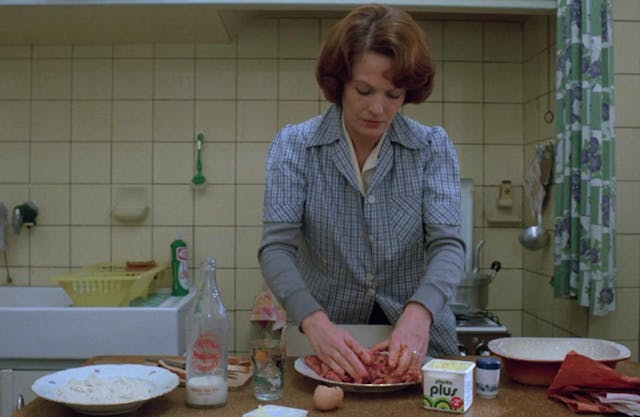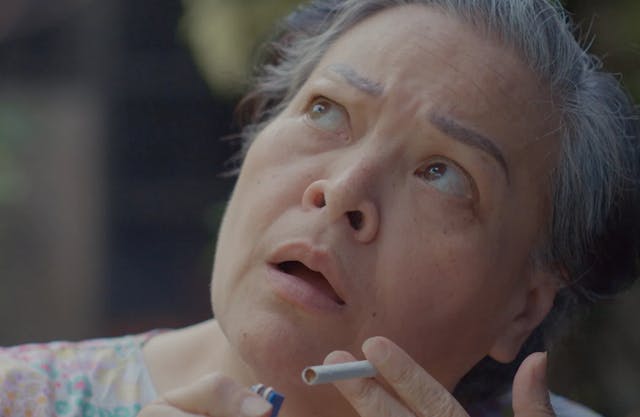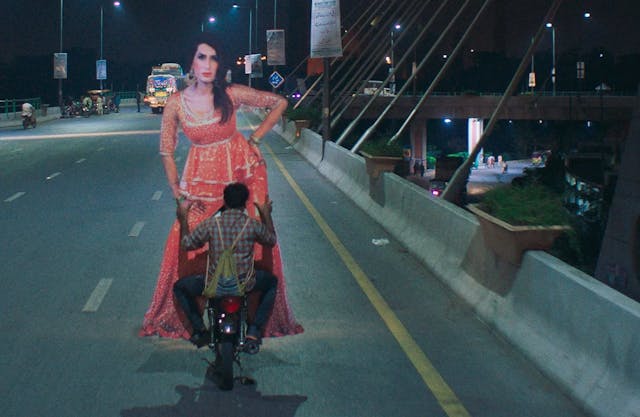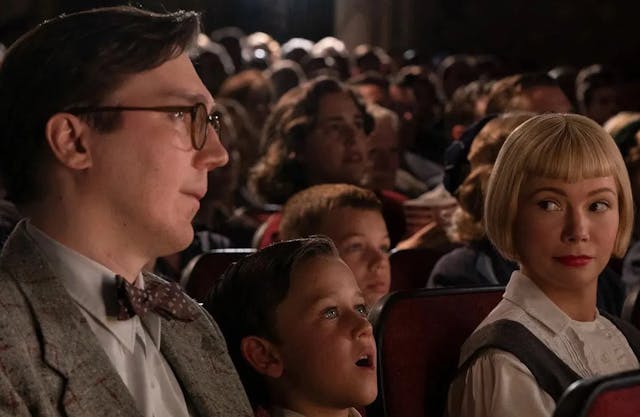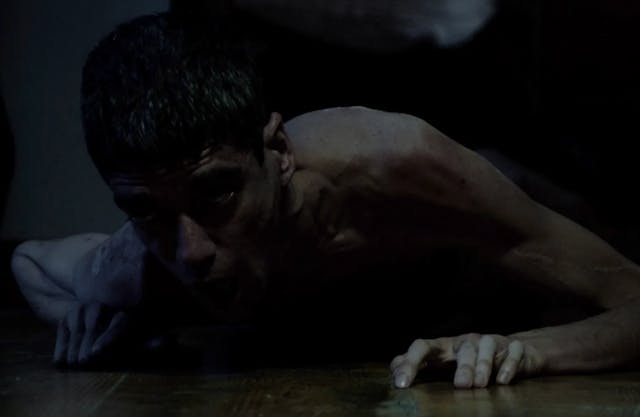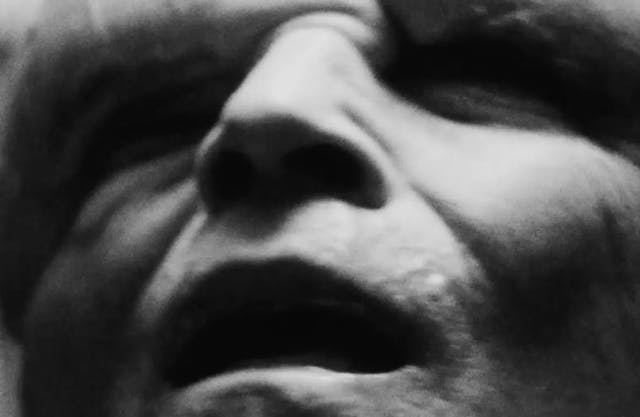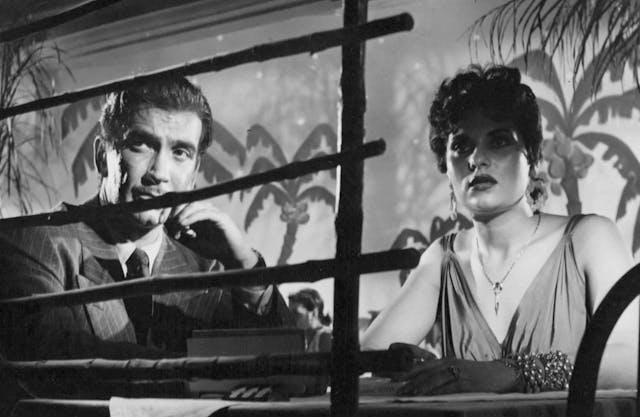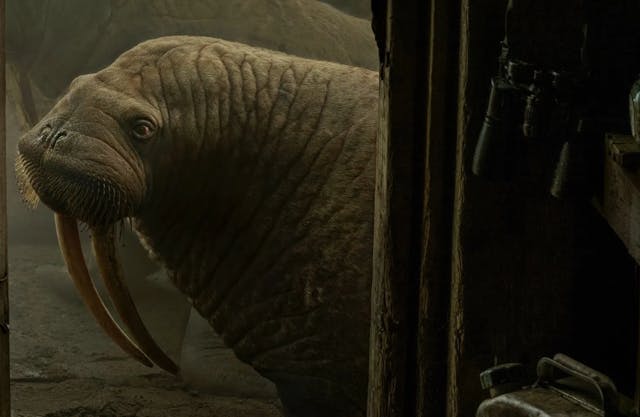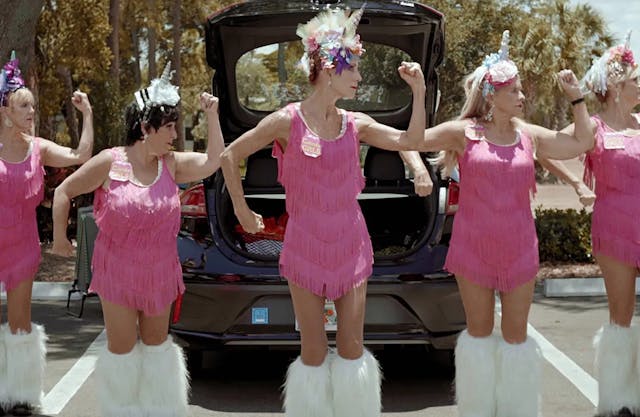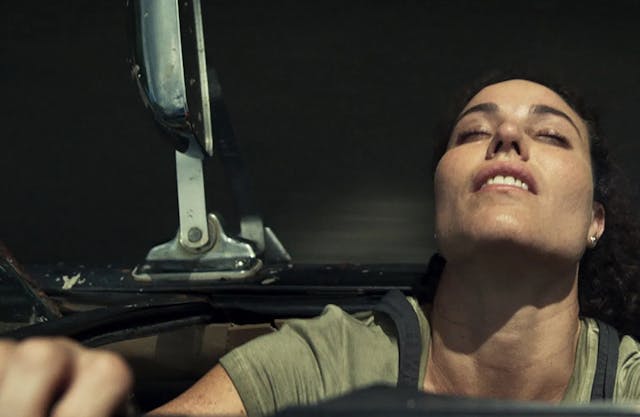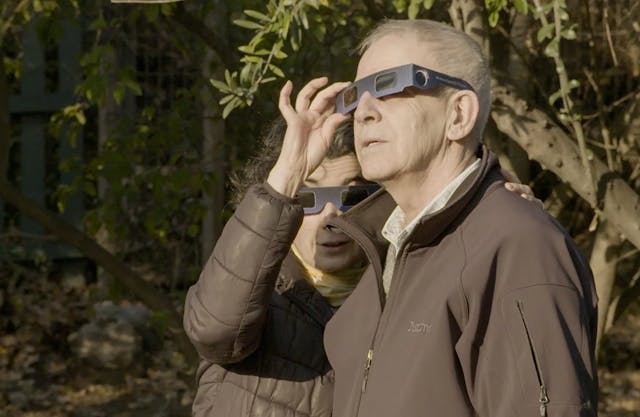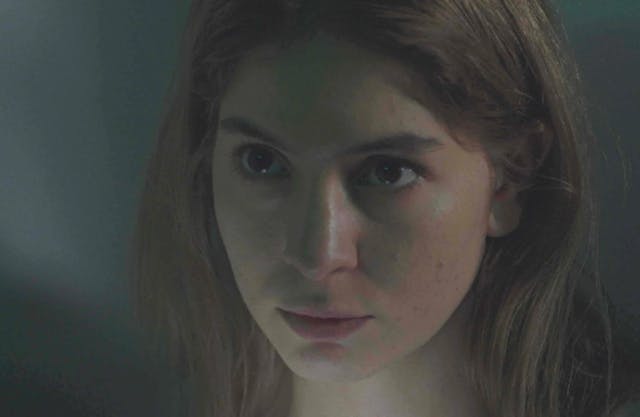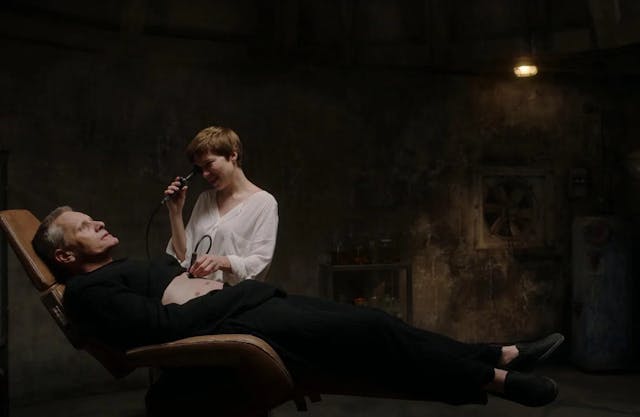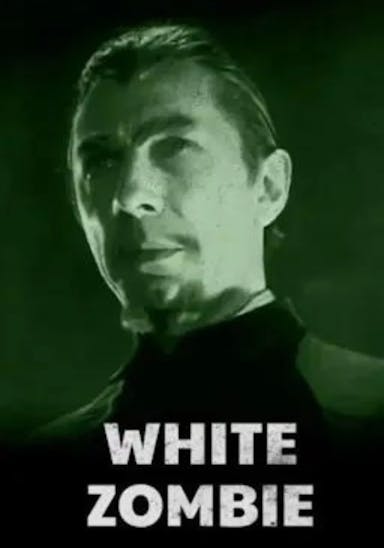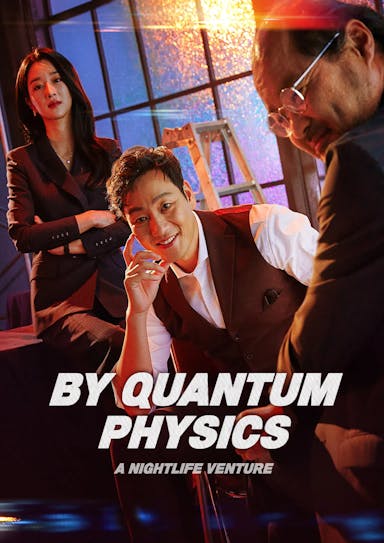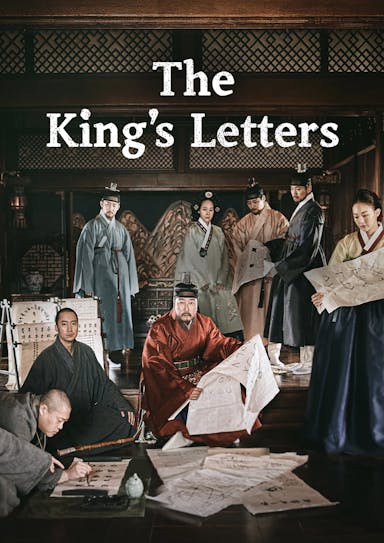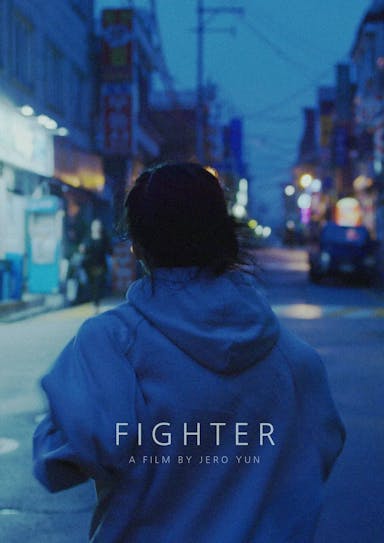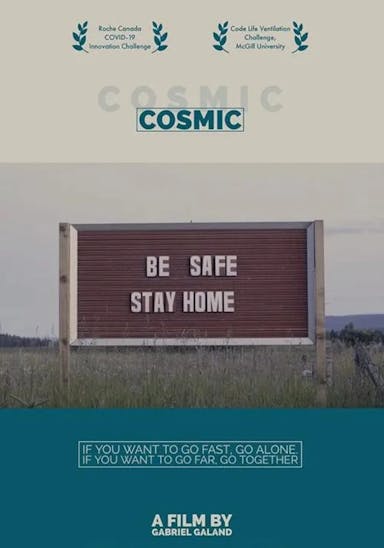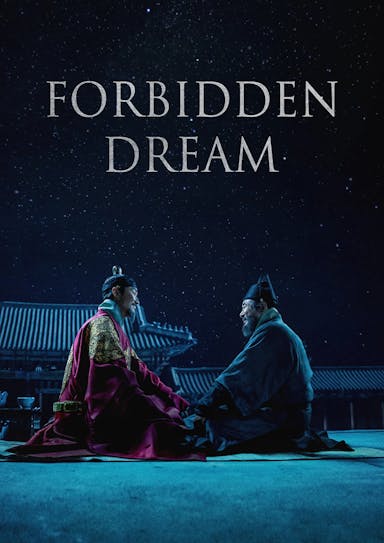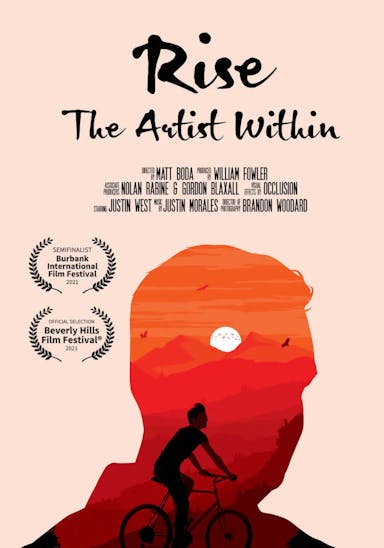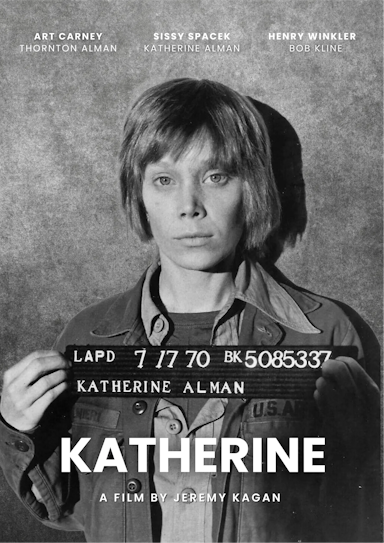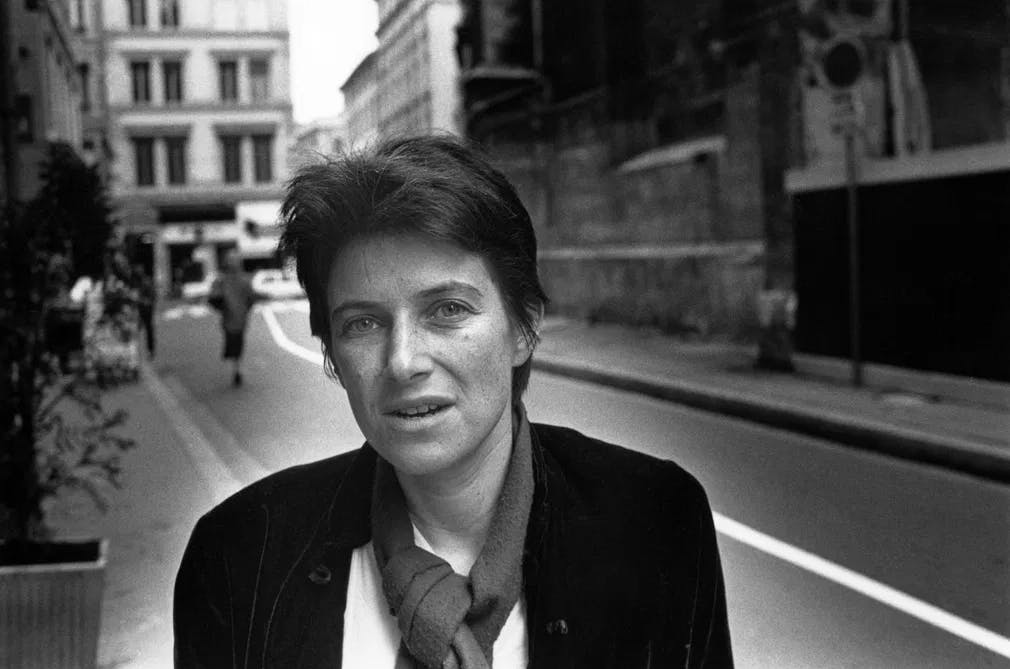
Chantal Akerman / Photo: Bibliothèque Municipale de Lyon
Every cinephile has blind spots. The recent Sight and Sound poll of the 100 Greatest Movies of all Times shamed me into taking care of my biggest one: Chantal Akerman. At the risk of having to surrender my film critic card, I confess the famed Belgian filmmaker eluded me. I blame it on the whims of film distribution and growing up in an art film desert. I am afraid Akerman was not a big draw in movie theaters in developing countries. I was well aware of her importance when The Criterion Collection released a home video edition of her masterpiece, Jeanne Dielman, 23, Quai du Commerce, 1080 Bruxelles(1975). Still, I put off seeing it, hoping for a chance to catch it at a cinema, somewhere, sometime.
Now that the gurus consulted by Sight and Sound voted to recognize Jeanne Dielman as the greatest film of all time, I took the opportunity to put myself up to date on Akerman. The Criterion Channel is a one-way-stop to binge on her work. Here is a primer on five pivotal feature films. Feel free to explore the collection and see some of her shorts, interviews, and analysis of her work by academics. There is also Autour de Jeanne Dielman, a making-of documentary directed by Nouvelle-Vague star Sami Frey (Band of Outsiders).
Je Tu Il Elle (1974)
You might as well start at the beginning. Akerman’s first feature-length film is an experimental exploration of the self, work, and male and female roles within relationships. The movie is structured in distinctive set pieces, shot in black and white. The director plays the role of Julie, a girl who locks herself in a room. She writes alternatively as a creative endeavor or to communicate with an unseen lover. Once she leaves the place, Julie hitchhikes a ride with a young truck driver (Niels Arestrup), with whom she engages in a brief affair. She looks at him bemusedly as he reveals the limits of the version of maleness he inhabits. In the final set piece, Julie visits a female lover and engages in a frank sexual encounter. The movie sets in stone the style and themes of her career. The first segment shows her preoccupation with physical space and its use as a tool of expression. Check out how she places the camera and rearranges the scant furniture, opening the closed-in room. The escapade with the man invokes the spirit of a documentarian as they visit bars and mix with locals. The final episode announces Akerman’s fearless impulse to examine her own life and expose herself, physically and emotionally, to her inquisitive camera.
* Available at the Criterion Channel
Jeanne Dielman, 23, Quai du commerce, 1080 Bruxelles (1975)
One of the great pleasures of seeing an artist's filmography in chronological order is that it allows you to take measure of the evolution in their craft. As interesting as Je Tu Il Elle can be, the jump to Jeanne Dielman is breathtaking. It is easy to see why this epic look at the unraveling of a Bruxelles widow took the top spot on the Sight & Sound poll as the Greatest Movie of All Time. It is peerless in concept and execution, plunging the viewer into the routine of Jeanne (Delphine Seyrig), a widow and mother of a teenager who goes through the motions of domestic life with precision. She also makes extra money as a sex worker, servicing johns in her own bedroom. Akerman, 24 years old at the time, forces the viewer into experiencing time and place in a new way. It can be challenging for contemporary audiences, used to the breakneck pace and overstimulation of modern blockbusters, to get into this wavelength. Patience will earn the reward of a new way to look at cinema and life itself.
* Available at The Criterion Channel
News from Home (1976)
In the early seventies, the filmmaker spent time in New York City. The sojourn informs this audiovisual essay, made of evocative views of the city, natural sound and a voice-over of Akerman herself, reading her mother's letters. The movie is shorter than Dielman at barely one hour and a half in length but perhaps more challenging. Long takes register banal urban, industrial exteriors. If the camera moves at all, it is at a stately pace. The images shot by Jim Asbell and Babette Mangolte might make you think that Edward Hopper grabbed the camera. At times, the drone of city life overtakes the soundtrack making it impossible to hear the words. The distance separating the women, mother and daughter, manifests itself emotionally and sensorially. The filmmaker was very close to her. By giving her voice to her words, Akerman fuses their selves. An extra dose of poignancy comes from knowing Natalia Akerman's death plunged Chantal into a deep depression. One year after, in 2015, she died by suicide. The film also made it into the Sight and Sound list, resting at number 52.
* Available at the Criterion Channel
Les Rendez-Vous d’Anna (1978)
Aurore Clément plays the title character, a thinly veiled alter-ego of Akerman herself. Anna is a film director traveling to Germany to show her latest film. It is not a glitzy show business trip but a mind-numbing trek through impersonal hotel rooms, gray stations, and crowded trains. Over the course of a couple of days, we follow her as she picks up a school teacher (Helmut Griem) at the premier, meets a family friend (Magali Noël) at a train station, spends a night with her mother (Lea Massari) on a layover back home, and finally comes back to a male lover (Jean Pierre Cassel) in France. Each meeting adds a layer to a clear-eyed exploration of Europe, still in shock over the traumas of World War II, and Anna/Akerman’s own struggles to fit into the role society sets out for women. Anna struggles with reaching out by phone to a woman she might love who lives far away in Italy. In the meantime, she tries and fails to establish sexual connections with men. Contemplating the beautiful symmetry of her images, I bet Akerman was a pivotal influence on Wes Anderson, although her tone and style are more grounded in unvarnished reality.
* Available at the Criterion Channel
Golden Eighties (1986)
Akerman embraces artifice in this irresistible confection, a musical romantic comedy set in a shopping mall. Economic anxiety in capitalism is inextricable from romantic agony. A large cast of characters fit for a soap opera, falls in and out of love between a high-end boutique and a beauty salon. Cafe server Sylvie (Miriam Boyer) yearns for a boyfriend who migrated to America to make money. Lovely hairdresser Mado (Lio) pines for dour Robert (Nicolas Tronc), who carries on with fiery Lili (Fanny Contençon). She is the lover of Mr. Jean François Balmer), a married wealthy man who pays for her salon. Jeanne (Delphine Seyrig), Robert's mom, gets another chance at fulfilling a youthful romance when Eli (John Berry), the American G.I. who helped her in the aftermath of WWII, strolls into her store by chance. The music is catchy, and the fashion is oh-so-eighties, but there is an undercurrent of melancholy throughout the whole endeavor. Like Akerman’s mother, Jeanne is a Polish survivor of the concentration camps. And having Seyrig playing another character named Jeanne a decade after Dielman connects both works in unsuspecting ways. For all the romantic agony on display, there is contentment in accepting heartbreak and moving on. Think of it as the missing link between The Umbrellas of Cherbourg (Jacques Demy, 1964) and Annette (Leos Carax, 2021)
* Available at the Criterion Channel
Want to get an email when we publish new content?
Subscribe today